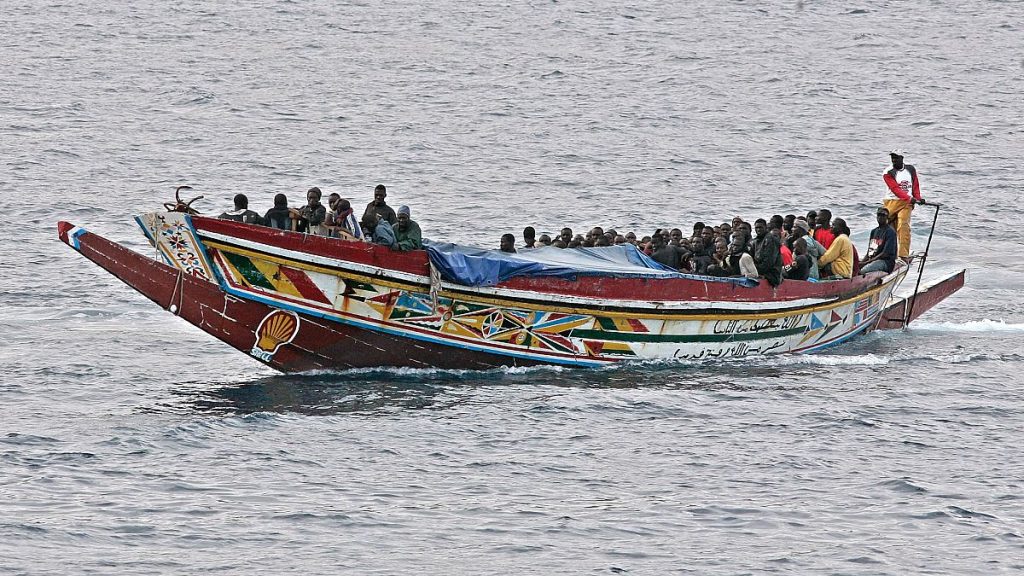An escalating migrant crisis in Spain’s Canary Islands has prompted the region to issue a formal invitation to European Commission President Ursula von der Leyen to witness the situation firsthand. Alfonso Cabello, spokesperson for the Government of the Canary Islands, emphasized the urgent need for EU involvement, citing a 126% increase in small boats arriving from Africa compared to the previous year. The Canary Islands have seen 22,300 migrants arrive since the start of the year, with numbers expected to rise in the coming months. The migrants primarily come from countries such as Mali, Morocco, Senegal, Gambia, and Mauritania, risking their lives on the dangerous Atlantic crossing, which has claimed more than 4,800 lives this year alone.
Migration routes intensify in the last few months of the year due to favorable navigability conditions, prompting Juan Carlos Lorenzo of the Spanish Commission for Refugee Aid to call for a broader conversation beyond focusing solely on criminal networks. Loueila Mint El Mamy, a migration lawyer in Lanzarote, argues that the emphasis should shift from containment to facilitating visa access to address root causes of migration. The Canary Islands are also seeing an influx of unaccompanied minors, placing additional strain on the resources as these children require approval for relocation to other parts of Spain. The islands currently care for over 6,000 minors, prompting calls for increased support and integration projects.
Fernando Clavijo, president of the Canary Islands, has highlighted the need for comprehensive policies in migrants’ countries of origin to prevent further exodus. Prime Minister Pedro Sánchez is visiting source countries in West Africa to help alleviate the crisis, recognizing the tangible impact of the situation. The strain on local resources in the Canary Islands is evident, with residents witnessing daily the sobering reality of “canoe cemeteries” as a result of the dangerous crossings. The islands cannot continue to bear the burden alone and are calling for effective integration projects for minors and increased EU support.
The presence of the European Commission president in the Canary Islands is seen as a symbol of the EU’s commitment to the region, signaling a need for collective action to address the escalating crisis. Alfonso Cabello stressed that inaction is contrary to the European identity, shaped as an area of security, freedom, and well-being. As the deadliest migratory route to Europe, the Atlantic crossing has claimed many lives this year, with one person dying every 45 minutes on this treacherous journey. Migration lawyer Lala advocates for a shift in focus towards facilitating legal channels for migrants, rather than favoring illegal business interests, to address the underlying causes propelling these dangerous crossings.
The Canary Islands are at the forefront of the migrant crisis, grappling with a significant influx of arrivals and stretched resources. The increase in unaccompanied minors adds to the complexity of the situation, necessitating approval for their relocation to other parts of Spain. Efforts are underway to improve integration projects and comprehensive policies in migrants’ countries of origin. Spanish Prime Minister Pedro Sánchez’s visit to West Africa underscores the urgency of the situation, as residents of the Canary Islands witness the tragic consequences of the perilous crossings daily. The invitation extended to EU Commission President Ursula von der Leyen highlights the need for collective action and support to address the challenges posed by the escalating migrant crisis.


